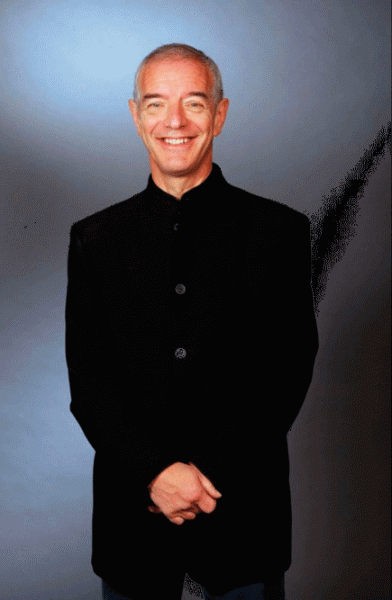It’s Bach to basics with Music of the Baroque’s engaging Brandenburg program

Music of the Baroque may be venturing into the world of early Romanticism next season with music of Beethoven, but the ensemble’s core focus remains, as it should, on 17th-and 18th-century repertoire.
Certainly, judging by the packed house Monday night at the Harris Theater for a program spotlighting three of Bach’s Brandenburg Concertos, this is repertoire that the ensemble’s Chicago audience clearly wants to hear.
The concert, led by Nicholas Kraemer from the harpsichord, centered on the three less frequently heard of Bach’s six works in the set, nicely placing them in a broader context of German concertante music of the period.
Brandenburg No. 3 came off exceptionally well with Kraemer setting bracing tempos in the opening movement and eliciting spirited playing by the entire string ensemble. He also deftly worked the first movement theme into his “quasi-improvised” harpsichord solo of the famously vacant middle movement, and the finale went like the wind with lively playing by all.
Likewise, Concerto No. 4 benefited from the extra bit of rhythmic swing provided by Kraemer’s direction. Kaye Clements and Patrick O’Malley were the mostly admirable recorder players though it was Robert Waters’ stylish and idiomatic violin solos that really made this performance take wing.
The opening Brandenburg No. 6 proved something of a misfire Monday night. The darkly scored septet—no violins—emerged rather stodgy and sonically diffuse, with the two violas da gamba largely inaudible. The closing movement went better with violists Roger Chase and Elizabeth Holzman-Hagen sparking the performance to life with their rapid-fire exchanges.
The trifecta of Brandenburgs was broken up with rarities by two Bach contemporaries.
In his engaging verbal notes, Kraemer characterized Georg Muffat’s Sonata No. 2 in G minor from his Armonico tributo as “Corelli with more spice and scrunchy moments.” That sounds about right for four movements that alternate slow Grave sections with dance-inflected music. Muffat himself described these works as an attempt to “balance profound Italian feeling with French gaiety and charm” and the former quality is certainly manifest in the Sarabande, which explores a surprisingly dark vein of operatic tragedy.
Telemann’s Tafelmusik continues to be among the most underplayed of all great Baroque masterworks, quite possibly because of its very plenitude. With four volumes of music in a bewildering variety of suites and scoring, there is such an array of riches that it’s hard to zero in on just a few.
The engaging Concerto for 3 Violins in F major from the second Tafelmusik volume certainly made a worthy sampler Monday night. Waters, Sharon Polifrone and Teresa Fream were the well-matched soloists in a buoyant and delightful performance with Kraemer and the soloists drawing out the strange harmonic effects of the central Largo.
Posted in Uncategorized


